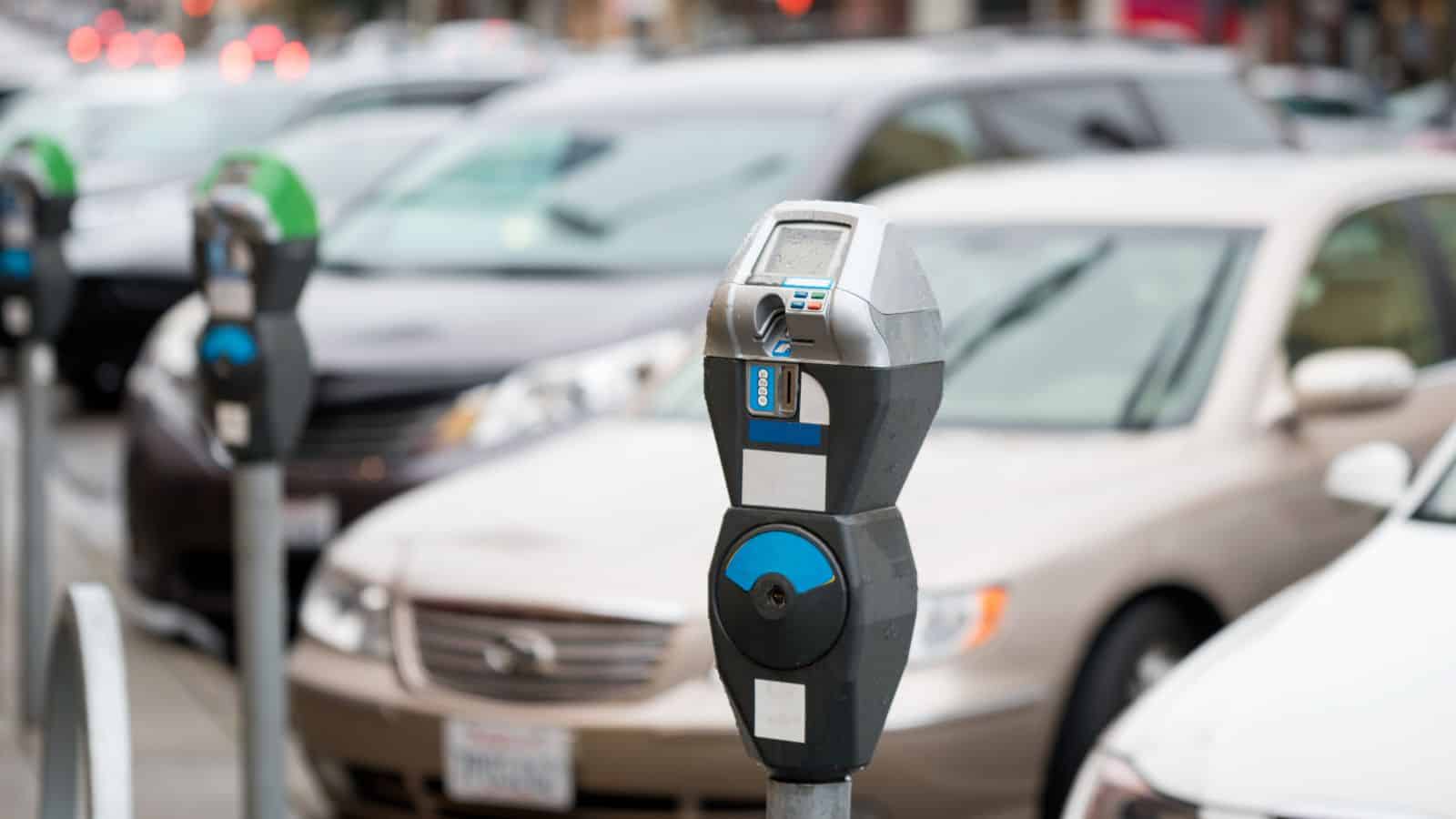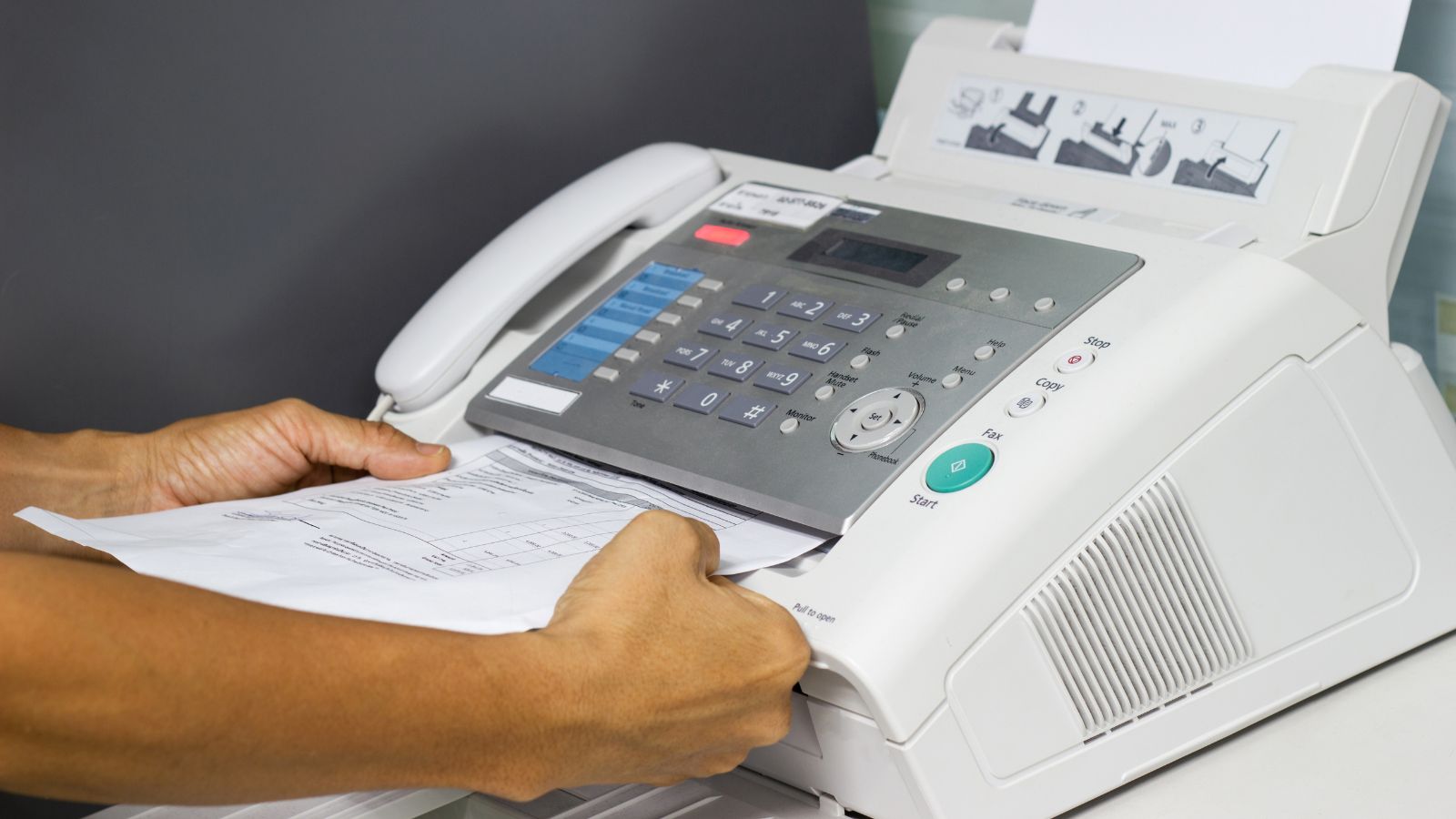The rapid pace of technological advancement and changing societal norms are leading to the disappearance of many things that were once considered staples of daily life. In the next decade, these 20 things we use regularly may be something we only see in a museum or antique shop.
Passwords

Biometric security measures are replacing traditional passwords for enhanced security. Honestly, good riddance to having to remember your 23-character-long password containing a capital letter, lowercase letter, number, symbol, and a drop of blood from the eye of a newt that must be changed every 90 days and never repeated.
Cash

Digital transactions have already made cash practically a thing of the past. Many businesses have also adopted no-cash policies for security reasons, which means carrying around paper currency may not even get you what you need. “The number of ATM cash withdrawals dropped substantially from 2018 to 2021. [They] declined at a rate of 10.1 percent per year,” the Reserve Bank reported.
Keys

Soon, women won’t even know what their purses are for; it’ll just be a phone and maybe some lip gloss. Digital locks and biometric systems are making physical keys unnecessary. Digital locks are also making it so you don’t have to change the locks on your business after letting go of an employee or your home after a breakup; just reset the code and move on.
Credit and Debit Cards

Everything we need to leave the house is pretty much on our phones. With digital wallets accessible through our phones and smartwatches, needing to carry around your physical credit or debit card is becoming a thing of the past. Yahoo Finance says, “Soon, you might not need a device at all because the payment system will work through facial recognition (it’s already happening in China).”
Eyeglasses

We’ve come a long way to help people see clearly, and glasses have had their run of being top-tier. As advances in nanotechnology and eye treatments, such as contacts and laser surgery, continue, they could render traditional spectacles obsolete.
Airport Lines

Fumbling through your bag to make sure you have your passport and boarding pass ready while thinking about how to get your shoes and belt off is becoming a thing of the past. Dubai International Airport has a smart tunnel that scans passengers through passport control in just 15 seconds, says Arabian Business. Biometric verification and AI-driven systems are streamlining airport security and check-in processes, and we are ready for it.
Parking Meters

Traditional parking meters and the need for coins to park on the streets are disappearing like payphones. Today, people can pay for their parking and track how much longer they have on their meter with the touch of an app on their phone. For the less technologically inclined, there are still pay kiosks, but who knows how much longer they will be around.
Chargers

Tesla (the man, not the car) predicted this in the early 1900s, but the ability to charge your phone without connecting it to a cord or even putting it on a charging pad could be available soon. Freethink boasts, “A new wireless charging system uses harmless infrared light to power devices from nearly 100 feet away—putting us one step closer to truly wireless technology.” We’ll have to come up with new excuses for why we didn’t answer calls, since “I didn’t have a charger” will no longer be relevant.
Big Hard Drives

Remember when storage space was a critical factor in choosing a computer or phone? With fast Internet access and cheap cloud-based storage, size doesn’t matter anymore. For a small subscription fee, we stream Spotify and Netflix, automatically back up everything (to services like iCloud, Google, and Dropbox), and have instant access across multiple devices.
Remote Controls

There was a time when we had to get up to turn the channel on the physical TV, and remotes were the technology of the future. Now, we’re done with the days of finding the remote and accusing everyone in the room of sitting on it when it’s lost. Today’s TVs can be controlled from your smartphone, along with everything else, or even respond to voice commands.
The Check

The check is already an endangered species, with anyone younger than a baby boomer looking confused when they need to pay for something with a check. Honestly, who carries a checkbook anymore? It costs the financial system billions of dollars a year to process checks, so it was a no-brainer for them or the average person to switch to digital and card forms of payment.
The Post Office

All that comes in the mail these days is junk mail and maybe the occasional bill you forgot to put on paperless. All Pro Dad says the post offices “are so deeply in financial trouble that there is probably no way to sustain them long-term. E-mails and companies like FedEx and UPS have just about wiped out the minimum revenue needed to keep the post office alive.”
The Newspaper

The paperboy is no longer throwing newspapers at suburban front doors for the dog to bring in and for Dad to read over his morning coffee. People have already switched over to digital sources for their news that can be updated as soon as information is available instead of waiting for the next print cycle.
The Book

Some of us still love the feel of a book in our hands on a rainy day, curled up by a window with our cats. But this feeling could become a long-lost memory as e-books and digital reading platforms are reducing the demand for physical books.
The Landline Telephone

You may still be able to find a house phone at your grandma’s house, and some businesses still use traditional landlines. However, mobile phones and VoIP services are making landlines increasingly redundant. So as the older generation passes, the landline telephone may be completely gone with them.
Network Television

When cable rates skyrocketed and commercials ran about every four minutes, it was no wonder people began switching over to streaming services. Services like Netflix have even begun creating their own content instead of only offering movies and shows that had been screened elsewhere first. So long waiting a week to see the next episode; hello, binge nights.
Fax Machine

Email and digital document services have rendered fax machines obsolete. Yet for some reason, at least once a year, someone will ask the average person to send a fax like it’s 1992.
Drivers

Autonomous vehicles have already hit the roads. Though they are far from completely taking away the joy of driving, you can bet one day they will be as mainstream as the automatic transmission taking the place of the manual.
Physical Banks

Nearly 73 percent of Americans access their bank accounts most often via online or mobile channels, according to the American Bankers Association, which says only 27 percent access them most frequently via a physical bank branch. With the shift towards digital, many banks have never opened a physical branch, and the ones that already have them have been shutting them down.
Smartphones

This may sound inconceivable, as almost everything that has disappeared from this list has become something you can do on your smartphone, but if you think about it, they aren’t the most convenient things to carry around. “Carrying around a mobile device may be a rare sight,” predicts Andrew Moore-Crispin to Best Life Online. “Instead, users could be equipped with small, connected devices on their head, wrist, etc., allowing them to stay connected and perform every conceivable task without having to press a button.”
Up Next:
- 17 Common Misconceptions About the Amish That People Need to Stop Believing
- 17 Things You Should Never Do When Pulled Over By The Police
- 17 Phrases Only People From the South Know the Meaning Of
